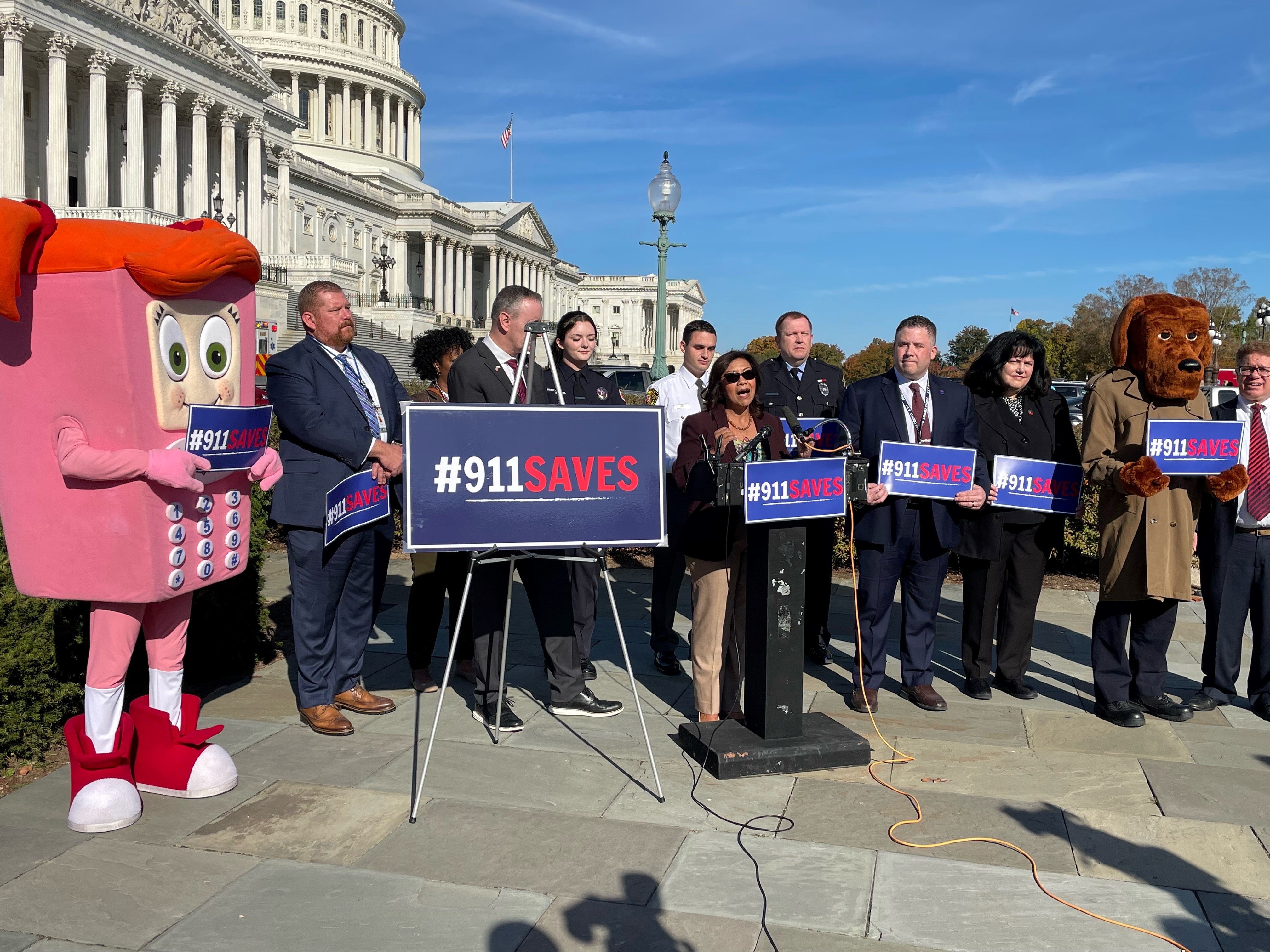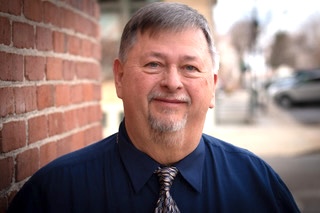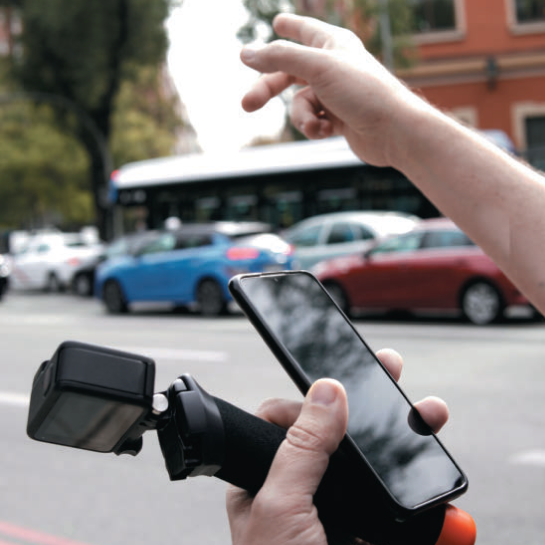
On November 8 Congresswoman Norma Torres (CA) and Congressman Brian Fitzpatrick (PA), along with several of their colleagues, reintroduced the Supporting Accurate Views of Emergency Services Act of 2023, or the “9-1-1 SAVES Act.” If enacted, this bipartisan legislation would require the Office of Management and Budget (OMB) to categorize public safety telecommunicators as Protective Service Occupations in the Standard Occupational Classification (SOC).
Read more
|
This document is a guide for ECCs to initiate engagement with the veteran and military spouse communities to tap into the broad, and often times confusing, networks to access talent that are known for understanding commitment to service and dedication to mission. Download guidebook.
|
The course Comprehensive Quality Online guides participants in developing a comprehensive Quality Program for their agencies. The information presented emphasizes the importance of strategic planning, measurement methods and systematic approaches in agency operations. Key topics covered include quality management, planning and methodologies, standards, liability and more. Through a combination of theory and hands-on exercises, students learn to implement effective quality programs in their organizations. Cost is $399 for APCO members and $421 for non-members. Worth 16 CDEs. Upcoming dates: Dec. 6 - Jan. 16 | Jan. 24 - Feb. 27 | Feb. 21 - March 26 | More dates
Learn more
|
We invite you to check out APCO's online store for holiday gift ideas for your team. Men's and women's styles and sizes are available ranging from polos to hoodies. Start shopping.

|
APCO announces that it has been reaccredited as an ANSI-Accredited Standards Developer (ASD) by completing an audit by the American National Standards Institute (ANSI). Maintaining our accredited status serves as a testament to APCO’s ongoing commitment to ensuring public safety communications has a role in the development of standards affecting our industry.
Read more
|

Brent has worked in public safety communications for over four decades, most recently as emergency communications manager for Douglas County, Nevada. Brent was born in Orange County, California, and moved with his family to Boulder, Colorado, when he was 12. After graduating high school, Brent went to work as a public safety telecommunicator for the Colorado State Patrol. A year later, he found himself back in Boulder County as a telecommunicator and communications supervisor for the next nine years. In 1989, Brent was appointed the communications director in Aspen, Colorado, heading up the combined multi-agency communications center and managing the county’s radio system. Ten years later, Brent moved to California as telecommunications manager for the Contra Costa County Fire District.
In 2008, Brent answered an ad to be the director of public safety for the Cayman Islands Government. Upon completing his contract, Brent and his wife, Vicki, moved back to the U.S. where they landed in Honolulu and Brent was hired as the communications center manager for the University of Hawaii’s Department of Public Safety. Desiring to get back to the mainland, Brent was called to be the emergency communications manager for the Stockton Fire Department. Nevada beckoned and Brent was the airport communications manager for the Reno-Tahoe International Airport before accepting the appointment at Douglas County.
|
KKCO 11 News.com
Public safety telecommunicator Kira Rushton of the Grand Junction (Colorado) Police Department fought off nerves to calmly direct a father how to deliver a baby girl in the car.
|
CBS News
After giving him a hug, the Hillsborough County Sherriff’s deputy explained to the boy that 9-1-1 is to be used when someone needs help or is doing something they shouldn’t.
|
Barrie 360
The man was hiking and said his cellphone battery was running low so the telecommunicator asked him to download what3words. He told the telecommunicator the words and police found him an hour later.
|
WGNSradio.com
The Murfreesboro, Tennessee, public safety telecommunicator coordinated with police based on 9-1-1 calls to apprehend a suspect of numerous vehicle break ins.
|
Holland Sentinel
Ryan Culver was recognized for replacing vehicle mobile communications terminals and providing mobile access to computer aided dispatch via smartphone or tablet.
|


A “First Amendment audit” refers to the practice of exercising one’s First Amendment right to video-record in public spaces such as government buildings, public safety buildings and parking lots. Auditors typically post their recordings by uploading to social media to gain followers for monetary purposes. Audits are deemed successful when the person recording is treated as if they did not have a camera. These are rarely posted online. Failed audits involve confrontations in which the auditor is told to stop recording, arrested for failure to identify, given a trespass notice or other adverse action. When actions are taken against the auditor, they post the resulting video online then file complaints and lawsuits against the officer, officials and jurisdiction involved. The First Amendment auditors update followers with other videos following progression of the lawsuit or complaint.
Read more
This article originally appeared in the November/December issue of PSC magazine.
|

|
| |
|
